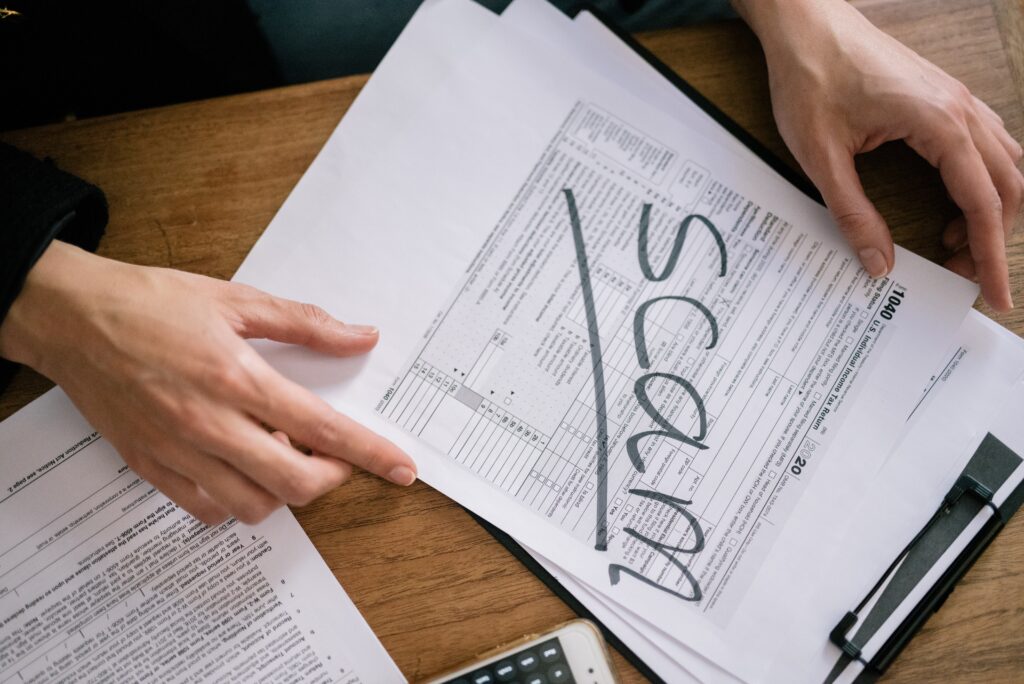MoneyGram has made it very convenient to receive and transfer funds from anywhere around the globe. The service provider has millions of customers who use MoneyGram to pay bills or transfer funds through online website, mobile applications, or by visiting agent locations. Unfortunately, there are scammers and fraudsters who are always looking for new ways to scam individuals.
In this article, we will talk about the MoneyGram red flag and the most common scams.
MoneyGram red flag list
A red flag identifies a transaction that is not for a legitimate purpose or is a scam. MoneyGram has a very strong fraud detection system that constantly monitors and looks for any unusual or strange patterns in a transaction. If it notices that someone is involved in a scam or fraudulent activity, it adds such individuals to the red flag list. It is important to note that any transfer that is made for an online purchase is also considered a red flag.
What are the most common MoneyGram scams?
A lot of customers around the globe get scammed through MoneyGram, and in such cases, their transactions are declined or, in the worst case, they get blocked for life.
The following are a few common MoneyGram scams:

Relationship/Romance Scams
If you get a text or an email from a stranger who wants to get into a relationship with you and asks you to send him money so that he can visit you or process your visa so you can visit him, then it is time for you to be on guard as you are getting scammed.
Purchasing Fake Products
Many scammers try to scam people by advertising fake products and charging a lot for them. These scammers ask the victims to pay through a MoneyGram transfer.
Tech Scams
There are also some fraudsters who first get in touch with you through a personal number or through social media, telling you that your MoneyGram account has been hacked or that someone has tried to access your account to steal your information. These scammers will ask you to grant access to your computer so they can recover your account, but in reality, they are trying to steal your information by accessing your computer.
Money Laundering
Money laundering refers to an attempt to hide the source or ownership of illegally obtained money. Money laundering can also include money orders, fund transfers, and other such financial transactions, and it can be in any currency.
Money laundering can also include terror financing, in which funds are sent or received from groups or individuals who are involved in terrorism.
What do I do if I get scammed through MoneyGram?
If you realize that you have been scammed or someone has tried to scam you, then the very first thing you should do is to get in touch with MoneyGram customer support at 1-800-96-9400 or can fill out an online form to report fraud. The customer representative will ask a few questions related to the transaction and then forward your complaint, which will be reviewed by the concerned departments.
Can I get my money back from MoneyGram if scammed?
MoneyGram will review the case and if the scammer has not yet picked up the money, then there is a chance that you will get a refund. If the scammer has received the cash, then MoneyGram will not refund you as you were scammed through MoneyGram, not by MoneyGram.
